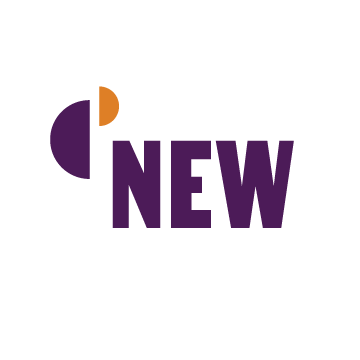“Was our program successful?”
“Did we successfully achieve the session goals?”
“Please share a successful outcome from our time together.”
If the word success begins to sound weird after reading the sentences above three times, well you’re not alone. Each person who answers will likely have different responses. It’s also likely that they’ll each interpret the questions differently, as well. Even with consensus on the definition of success, the range of experiences between people may prevent us from defining the group experience as successful.
The biggest disconnect, however, is between the reviewer and the people on the receiving end. Recently, I read this article by Angela Romans, Candace Stancieland, and Titilola Harley. Their content is packed with reflections and actions on equitable assessment and measurement. And they share this quote from Mexican political leader and writer, Laura Esquivel: “Whoever controls information, whoever controls meaning, acquires power.”

When we evaluate, evaluators can hoard power by controlling the meaning of success. We’ll naturally filter every response through our personal biases and assumptions. This route may be easier and quicker, but it places equity in a standstill. It may also lead to results and responses that inadequately reflect responders’ sentiments. All because we’re imposing our own definitions and notions onto them rather than crafting and sharing these with them.
Instead, NEW has started to develop and employ a process that seeks to share power. We’re doing this by engaging with those closest to the work we are measuring from the beginning. Sometimes, we falsely believe that meaning and information comes after an evaluation. But, a lot of it needs to be set before we press send on a survey or get a focus group together
Here are some questions we’re asking ourselves as we center equity in our evaluations:
- What are we going to ask and why? What will the information we are seeking help us understand?
- How might our questions be interpreted differently by community members?
- In what ways might our questions contain bias or cause potential harm? What are alternative ways to ask the questions or get the answers we’re seeking?
Instead of just answering these questions with the collective “in mind”, we’re actively listening. Then, we’re adapting our tools and approaches based on real feedback and experiences. In these ways, the information and meaning we receive can be co-owned with our community.
My reflection here has focused on the work that needs to happen before assessing. However, this practice of sharing meaning, and therefore power, should take place in every stage of evaluation. We can make it a truly collaborative effort and achievement.

If you’re interested in chatting more about equitable evaluation and/or think that NEW could work alongside your organization in your journey, please email info@new.org.
Flavio Di Stefano


